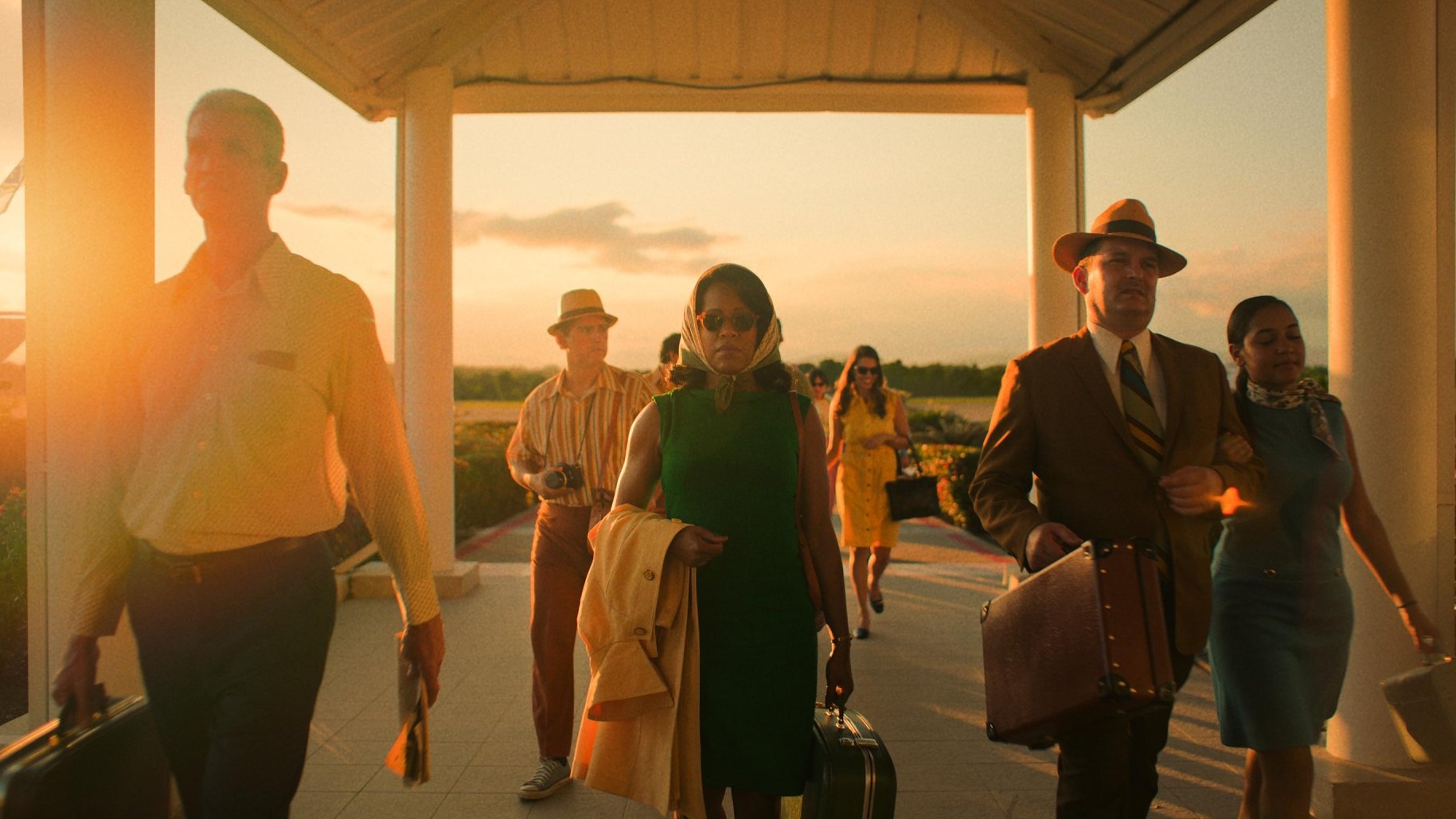Review: If Beale Street Could Talk
With Medicine for Melancholy, Barry Jenkins established himself as a voice to watch. With Moonlight, he showed us he had a consistent and compelling cinematic grammar. With If Beale Street Could Talk, Jenkins has announced himself as one of the premiere auteurs of this generation. Simply put, If Beale Street Could Talk is extraordinary.
It helps that Jenkins is leaping off of the work of one of the most astute and eloquent artists of the twentieth century — or any century for that matter: James Baldwin; a fact that Jenkins recognizes in the co-writing credit that the master receives. But, Jenkins is equally indebted — as he was with his sophomore feature — to the sensuous and textural images of director Wong Kar-wai. As in Moonlight, Jenkins lingers on the milky pools of cigarette smoke that swirl and churn between If Beale Street Could Talk’s separated lovers; an image that came to define Kar-wai’s acclaimed turn of the century love story, the aptly titled: In the Mood for Love. And, like both Moonlight and In the Mood for Love — as well as a number of Kar-wai’s other works — this story is told in a dream-like episodic structure that floats from one event to the next, charged with compassion, longing, hope, and devastation, all captured in a beautiful gold-green, love- colored story.
It’s a sad fact, but a true one, that Baldwin’s words, his anger and his despair, resonate as clearly today as they did a half-century ago. When Fonny (Stephan James) is wrongly imprisoned for a crime he did not commit, his partner Tish (Kiki Layne), now pregnant with their child, tries to exonerate him with the help of her family. Baldwin and Jenkins’ story winds from the injustice of the justice system, to systemic police brutality, to race relations in mid-century America (and contemporary America), it weaves from neighborhood to neighborhood, and even country to country, but it always stays focused on what matters: the love at the center of this tale.
The film is composed of medium-close and close-ups, portraits of longing that lovingly linger on details — a glance, a touch, an embrace, a comforting hand gently clutching another. Jenkins’ images are never forced or contrived, but they are clear. And the punctuation of these subjective moments of compassion help build the core emotion of this tale — love — superbly. Much like in Raoul Peck’s brilliant 2016 documentary masterwork I Am Not Your Negro, Baldwin’s voice can be heard loud and clear through Tish’s periodic voice over. Jenkins is careful to use it sparingly and it is effective as is, if only because of how extraordinarily true those words ring, even five decades on.
Bolstering Baldwin and Jenkins’ voices is frequent collaborator Nicholas Britell, whose score, as with Moonlight, is both atmospheric and central to the tone that Jenkins conjures. The echoey, jazz-esque brass conveys a sense of memory, longing, and pride. And it haunts every moment of the picture, charging scenes with the cataclysmic subjective importance that they deserve and easing off when the performances are doing the talking. It’s at least as striking as his work on Moonlight, which is to say it’s one of the absolute best scores of the year.
But, more than the timeliness and timelessness of the tale, the achingly gorgeous score or the cinematically-entangled visuals, the impeccably wrought performances from actors and actresses working at the very top of their game, it is the symphonic union of all these disparate elements that makes Jenkins’ latest so utterly exquisite. Jenkins is a modern master, clearly in total command of the form and, like Scorsese’s love affair with Fellini or Paul Thomas Anderson’s with Kubrick, Jenkins has adapted the stylings of Wong Kar-wai to his distinct and rapturous voice. Along with the Safdie brothers, Jordan Peele, and Mike Leigh, he is one of the most brilliantly socially conscious artists working in cinema today and he deserves all the acclaim, and more, that will rightly come to him and his collaborators for If Beale Street Could Talk.














